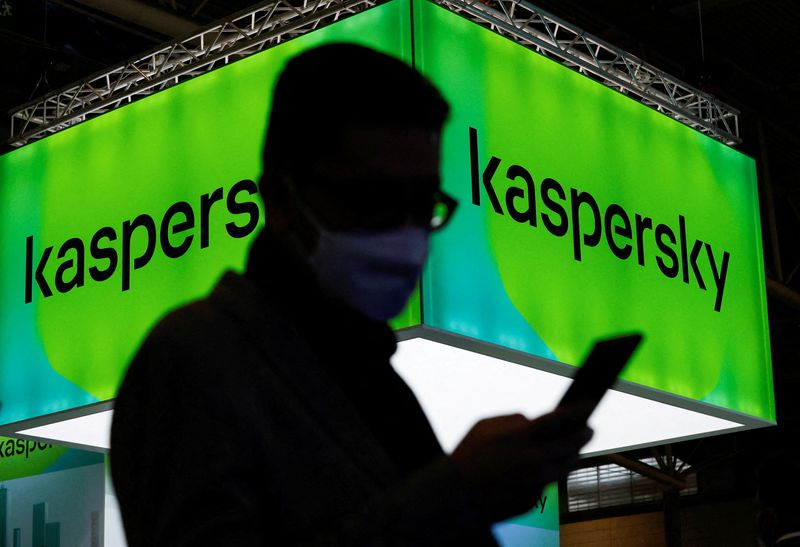ROME (Reuters) -Italy’s public authorities must replace antivirus software that is linked to Russia to prevent any disruption of services due to the ongoing Ukrainian conflict, a draft decree seen by Reuters said on Friday.
The move comes as Italy’s data regulator starts a probe into potential privacy risks connected to the use of software provided by Russia-based Kaspersky Lab, amid growing concerns over potential cybersecurity attacks.
The regulatory body asked Kaspersky to provide the number and the nature of its customers in the country, and to clarify how its tools process personal data, including whether these are made available to foreign governments.
Kaspersky said in an e-mailed statement to Reuters that the company had received the Italian regulator’s request and it was available to respond to any concerns it may have.
Kaspersky told Reuters on Thursday that it was a privately-managed company with no ties to the Russian government and said it risked suffering from decisions that were based on geopolitics rather than real technical concerns.
Italian motor racing team Ferrari has decided to remove the Kaspersky logo from its Formula One cars and is assessing its supply ties with the company.
In a recommendation issued earlier this week, the Italian state cybersecurity agency said there was no evidence products provided by companies linked to Russia had been compromised since the Feb. 24 invasion of Ukraine.
However, it warned that risks needed to be reassessed amid the growing conflict and that anti-virus software was particularly sensitive due to the “high level of invasiveness” of the systems they serve.
A similar alert was issued on Tuesday in Germany, where the local cybersecurity body warned users of the anti-virus software developed by Kaspersky that it posed a serious risk of a successful hacking attack.
(Reporting by Angelo Amante and Elvira Pollinaediting by Gavin Jones and Keith Weir)




















